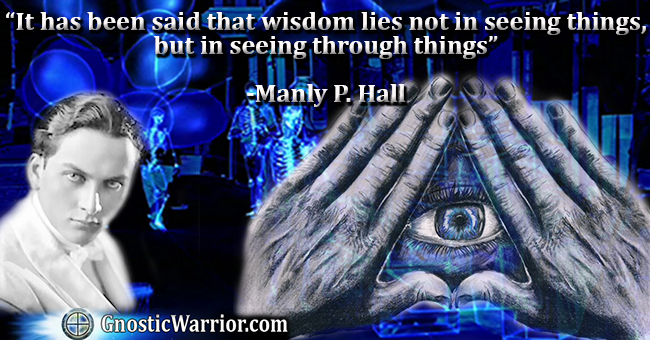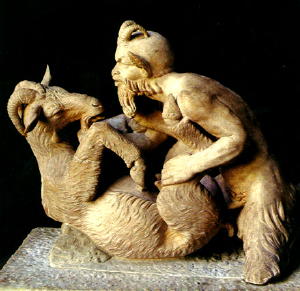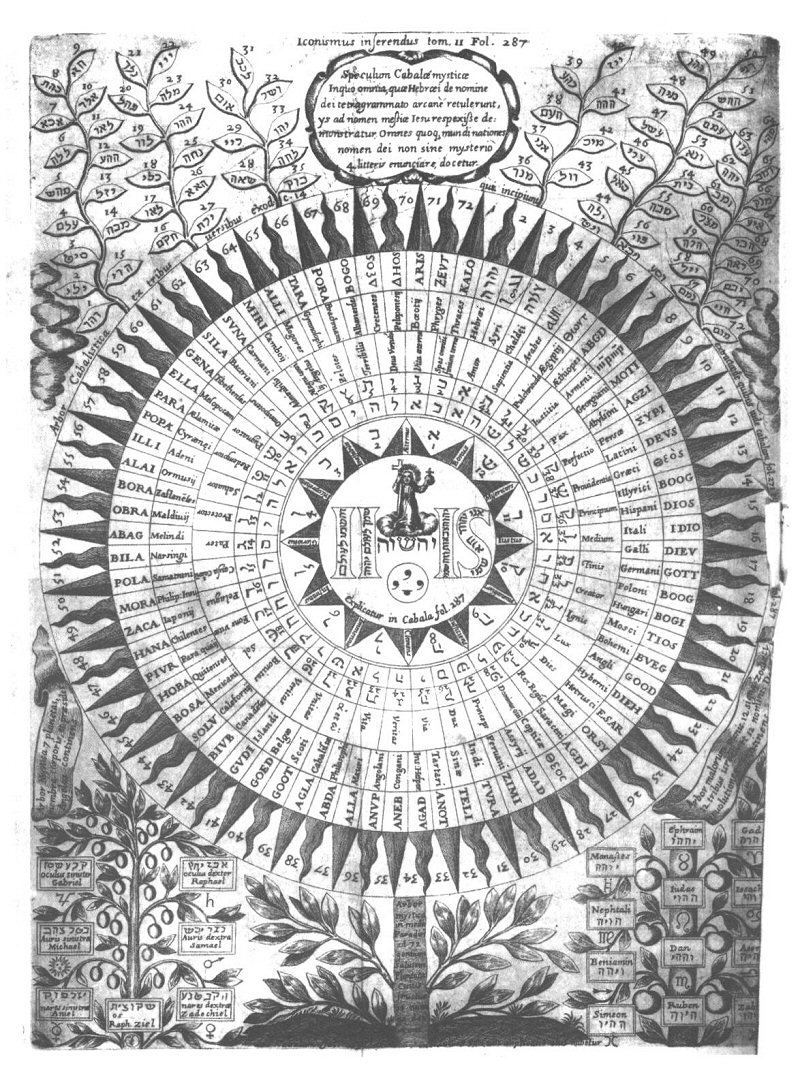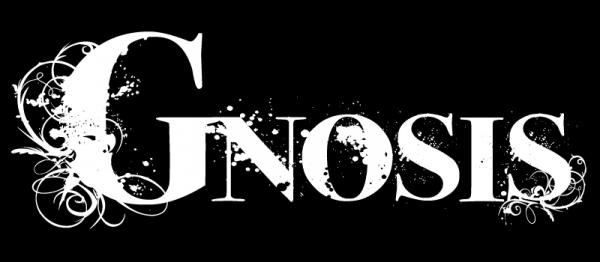The merit of Champollion as an Egyptologist none will question. He declares that everything demonstrates the ancient Egyptians to have been profoundly monotheistical.
The accuracy of thewritings of the mysterious Hermes Trismegistus, whose antiquity runs back into the night of time, is corroborated by him to their minutest details. Ennemoser also says: “Into Egypt and the East went Herodotus, Thales, Parmenides, Empedocles, Orpheus, and Pythagoras, to instruct themselves in Natural Philosophy and Theology.” There, too, Moses acquired his wisdom, and Jesus passed the earlier years of his life.
Thither gathered the students of all countries before Alexandria was founded.”How comes it,” Ennemoser goes on to say, “that so little has become known of these mysteries? through so many ages and amongst so many different times and people? The answer is that it is owing to the universally strict silence of the initiated. Another cause may be found in the destruction and total loss of all the written memorials of the secret knowledge of the remotest antiquity.” Numa’s books, described by Livy, consisting of treatises upon natural philosophy, were found in his tomb; but they were not allowed to be made known, lest they should reveal the most secret mysteries of the state religion. The
Page 25
senate and the tribune of the people determined that the books themselves should be burned, which was done in public.
Magic was considered a divine science which led to a participation in the attributes of Divinity itself. “It unveils the operations of nature,” says Philo Judaeus, “and leads to the contemplation of celestial powers.” In later periods its abuse and degeneration into sorcery made it an object of general abhorrence. We must therefore deal with it only as it was in the remote past, during those ages when every true religion was based on a knowledge of the occult powers of nature. It was not the sacerdotal class in ancient Persia that established magic, as it is commonly thought, but the Magi, who derive their name from it. The Mobeds, priests of the Parsis — the ancient Ghebers — are named, even at the present day, Magoi, in the dialect of the Pehlvi. Magic appeared in the world with the earlier races of men. Cassien mentions a treatise, well-known in the fourth and fifth centuries, which was accredited to Ham, the son of Noah, who in his turn was reputed to have received it from Jared, the fourth generation from Seth, the son of Adam.
Moses was indebted for his knowledge to the mother of the Egyptian princess, Thermuthis, who saved him from the waters of the Nile. The wife of Pharaoh, Batria, was an initiate herself, and the Jews owe to her the possession of their prophet, “learned in all the wisdom of the Egyptians, and mighty in words and deeds.” Justin Martyr, giving as his authority Trogus Pompeius, shows Joseph as having acquired a great knowledge in magical arts with the high priests of Egypt.
The ancients knew more concerning certain sciences than our modern savants have yet discovered. Reluctant as many are to confess as much, it has been acknowledged by more than one scientist. “The degree of scientific knowledge existing in an early period of society was much greater than the moderns are willing to admit”; says Dr. A. Todd Thomson, the editor of Occult Sciences, by Salverte; “but,” he adds, “it was confined to the temples, carefully veiled from the eyes of the people and opposed only to the priesthood.” Speaking of the Kabala, the learned Franz von Baader remarks that “not only our salvation and wisdom, but our science itself came to us from the Jews.” But why notcomplete the sentence and tell the reader from whom the Jews got their wisdom?
Origen, who had belonged to the Alexandrian school of Platonists,
Page 26
declares that Moses, besides the teachings of the covenant, communicated some very important secrets “from the hidden depths of the law” to the seventy elders. These he enjoined them to impart only to persons whom they found worthy.
St. Jerome names the Jews of Tiberias and Lydda as the only teachers of the mystical manner of interpretation. Finally, Ennemoser expresses a strong opinion that “the writings of Dionysius Areopagita have palpably been grounded on the Jewish Kabala.” When we take in consideration that the Gnostics, or early Christians, were but the followers of the old Essenes under a new name, this fact is nothing to be wondered at. Professor Molitor gives the Kabala its just due. He says:

Moe is the founder of GnosticWarrior.com. He is a father, husband, author, martial arts black belt, and an expert in Gnosticism, the occult, and esotericism.






![How one in the province of the Northumbrians, rose from the dead, and related many things which he had seen, some to be greatly dreaded and some to be desired [Circ. 696 A.D.] | Book 5 | Chapter 11 How one in the province of the Northumbrians, rose from the dead, and related many things which he had seen, some to be greatly dreaded and some to be desired [Circ. 696 A.D.] | Book 5 | Chapter 11](https://www.gnosticwarrior.com/wp-content/plugins/contextual-related-posts/default.png)

